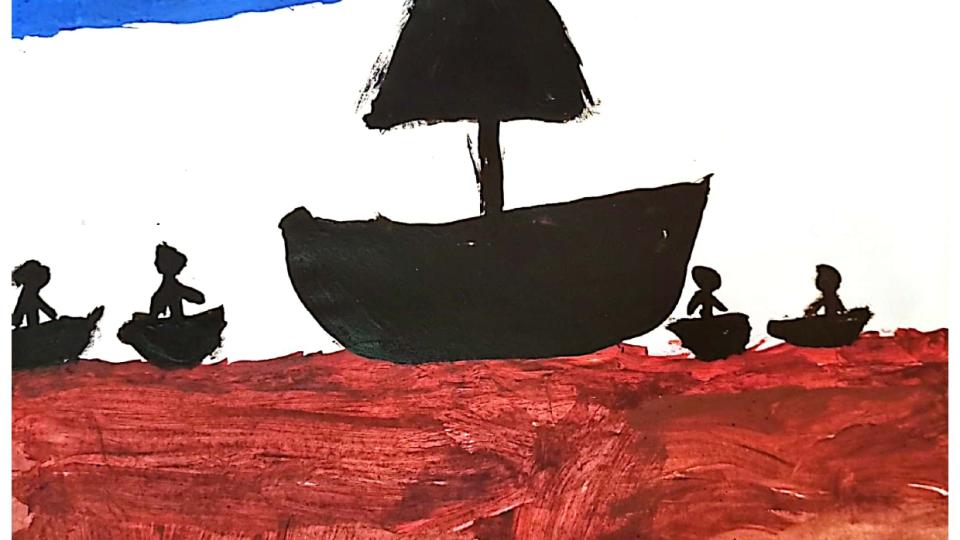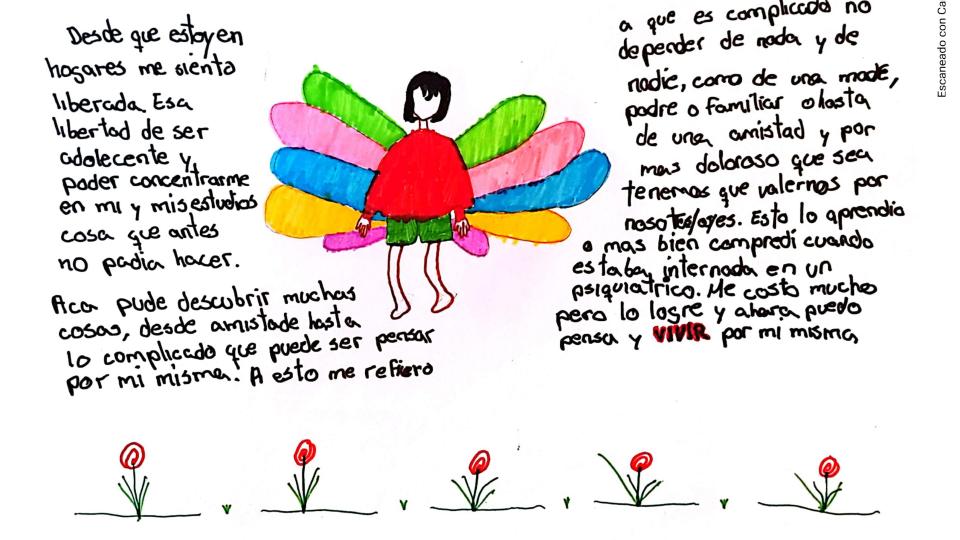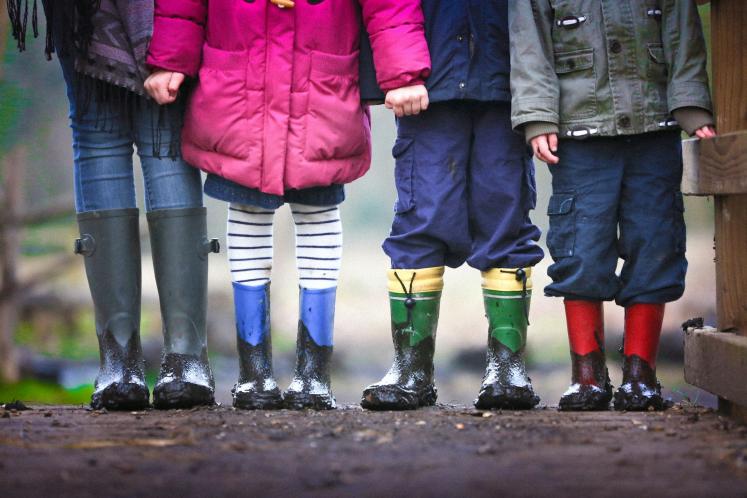Hundreds of millions of children around the world are victims of abuse, according to 2024 UNICEF data. There is an international community of academics from different disciplines and (legal) experts who are committed to contributing to having children’s voices heard and incorporated into decisions affecting their lives.
The right to be heard and the concept of evolving capacity are central to the rights of children, as articulated in the United Nations Convention on the Rights of the Child (CRC). This convention recognizes that children are active participants in their own lives. However, how can we ensure that children participate in decisions that affect their lives? Practitioners explain that this is a complex task and demands a lot of expertise. Moreover, most of the time, practitioners do not have concrete protocols to ensure accurate participation, hence, expertise and willingness become of the essence. As explained by a family judge from the province of Buenos Aires (during an interview with me in 2022 for my research on this topic): “The CRC is amazing, but its application is very difficult.”
The Right to be Heard
The CRC enshrines the right of children to express their views freely in all matters affecting them, with these views being given due weight according to their age and maturity. This right is rooted in the idea that children, despite their age, possess valuable insights into their lives and environments. It is a misconception to believe that children cannot properly understand the situations they experience; and, hence, their perspectives should be sought and considered (Peleg, 2013). The capacity of children to express opinions is triggered when they are given, by adults, the opportunity and accurate context and methods, to be heard. Participation enhances the right of children to development and well-being, fostering a sense of agency and responsibility (Lansdown, 2006).
Below: Drawings by adolescents (age 13-18) in care homes, who participated in a research study to understand access to justice of adolescents in care homes. My colleagues and I asked them to express how they perceived their experience since arriving at the care home. The fieldwork took place in Buenos Aires, Argentina in 2023.


Evolving Capacity
Evolving capacity, as detailed in the CRC and explored by the UNICEF Innocenti reports, acknowledges that as children grow, their ability to make decisions and take responsibility increases. This concept helps balance the need for protection with the recognition of children’s growing competencies. It allows for a more nuanced approach to rights, tailored to the development of an individual rather than a one-size-fits-all model. This concept recognizes the importance of respecting children’s agency and voice in shaping their futures. This not only respects the current abilities of children but also supports their growth and evolving roles in society.
Cultural Interpretations and Practical Implications
Different cultures interpret the concept of evolving capacity in various ways. Some rely on age-based milestones, while others use cultural rites of passage to mark transitions in responsibilities (Lund, 2007). In collectivist cultures, the focus may be on the role of children within the community; whereas, in individualistic cultures, the emphasize is on the personal autonomy of children.
While recognizing the evolving capacity of children is crucial, it must be balanced with their need for protection. Protective measures should not stifle children’s agency but should support their development in a safe environment. Effective participation involves creating spaces where children can express themselves and be heard while also ensuring their safety and well-being.
Conclusion
Understanding the right to be heard and the concept of evolving capacity underscores the importance of respecting children as active participants in their lives. By acknowledging their growing abilities and integrating their perspectives, we can create more inclusive and supportive environments for children to develop. However, there is much more work that needs to be done to understand what the best ways are to include children in decisions that affect their lives while protecting their well-being.
We can all better support the rights and development of children at a global level by thinking together about children's rights and their application.
References:
Peleg, N. (2013). Reconceptualising the Child’s Right to Development: Children and the Capability Approach. The International Journal of Children's Rights, 21(3), 523-542. https://doi.org/10.1163/15718182-02103003
Lansdown, G. (2006). Children, young people and social inclusionParticipation for what? in Kay Tisdall et al. (ed.) Children, young people and social inclusion: Participation for what? (138–156) https://doi.org/10.1332/policypress/9781861346629.003.0008 Pages 138–156
Lund, R. (2007). At the Interface of Development Studies and Child Research: Rethinking the Participating Child. Children’s Geographies, 5(1–2), 131–148. https://doi.org/10.1080/14733280601108247.
Suggested citation: Dr. Julieta Marotta., "Making Children Visible: Reflections on the Right to be Heard and the Concept of Evolving Capacity," UNU-MERIT (blog), 2024-09-17, 2024, https://unu.edu/merit/blog-post/making-children-visible-reflections-right-be-heard-and-concept-evolving-capacity.




